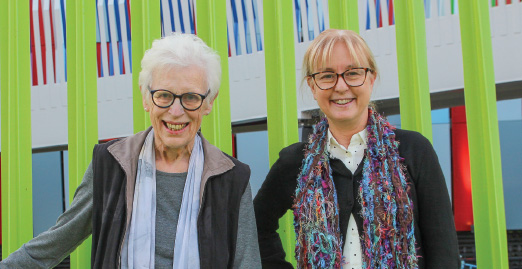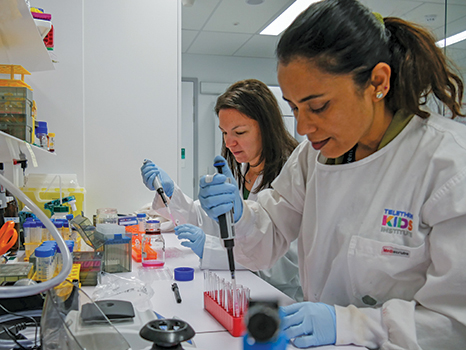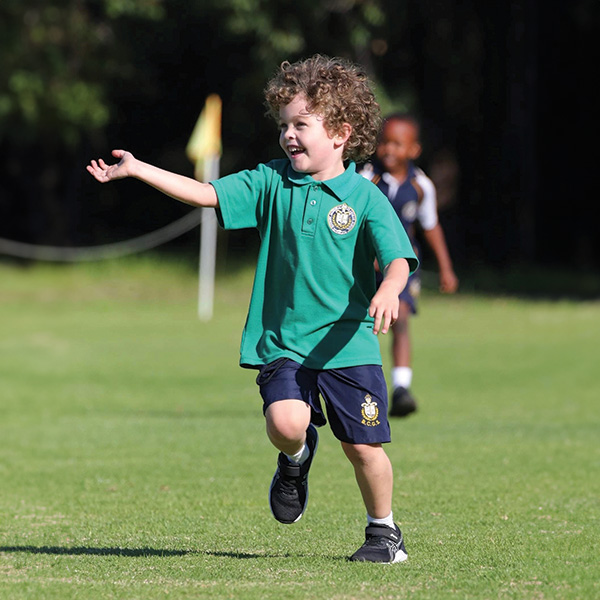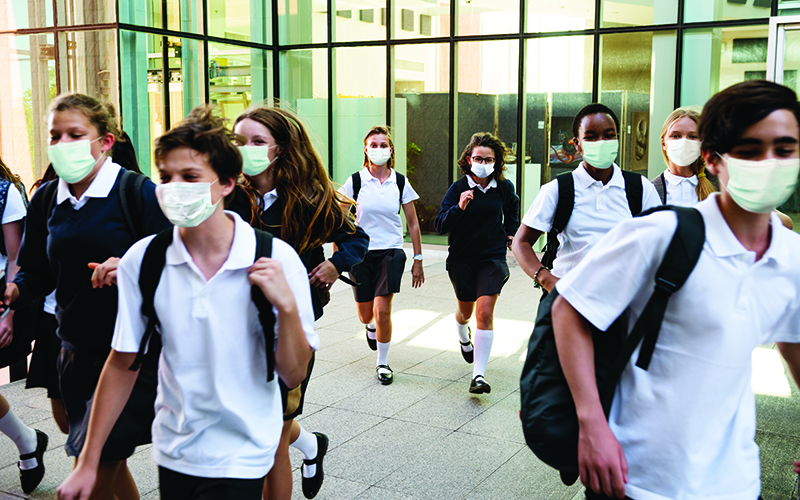Search
Research
Assessing neutrophil subsets in autoimmune disease: Moving away from relying on density?Neutrophils are the most abundant immune cell in circulation. However, due to a number of technical challenges for researchers, including the neutrophil's short lifespan and difficulties with preservation, they are often discarded during blood processing and thus ignored in cohort studies. As such, the contribution of neutrophils to disease and their involvement in disease mechanisms is less explored compared with other immune cell types.
Research
Safety and immunogenicity of V114, a 15-valent pneumococcal conjugate vaccine, in children with SCD: a V114-023 (PNEU-SICKLE) studySickle cell disease (SCD) is an inherited red blood cell disease that results in a multitude of medical complications, including an increased risk of invasive disease caused by encapsulated bacteria, such as Streptococcus pneumoniae. Pneumococcal vaccines have contributed to a significant reduction in pneumococcal disease (PD) in children and adults, including those with SCD. This phase 3 study evaluated the safety and immunogenicity of V114, a 15-valent pneumococcal conjugate vaccine, in children with SCD.
Research
Safety and immunogenicity of V114, a 15-valent pneumococcal conjugate vaccine, in children with SCD: a V114-023 (PNEU-SICKLE) studySickle cell disease (SCD) is an inherited red blood cell disease that results in a multitude of medical complications, including an increased risk of invasive disease caused by encapsulated bacteria, such as Streptococcus pneumoniae. Pneumococcal vaccines have contributed to a significant reduction in pneumococcal disease (PD) in children and adults, including those with SCD. This phase 3 study evaluated the safety and immunogenicity of V114, a 15-valent pneumococcal conjugate vaccine (PCV), in children with SCD.
Research
Development of the Consumer Involvement & Engagement Toolkit: a digital resource to build capacity for undertaking patient-centred clinical trials in AustraliaThis paper describes the novel approach to developing a toolkit to support meaningful consumer involvement in clinical trials in Australia to help guide others in considering the development of similar resources.The toolkit aims to support greater consumer involvement in shaping how clinical research is prioritised, designed and conducted. Type of program or service: A working group of researchers, research organisations and consumers was established to co-develop the Consumer Involvement and Engagement Toolkit (the 'Toolkit'), a digital resource to guide researchers and organisations regarding consumer involvement in clinical trials.
Research
Identifying the asthma research priorities of people with asthma, their carers and other stakeholdersPeople living with asthma, their carers, clinicians and policymakers are the end-users of research and need research that address their individual healthcare needs. We aimed to understand the research priorities of end-users of asthma research.
Research
Offshore detention: cross-sectional analysis of the health of children and young people seeking asylum in AustraliaTo describe the health and well-being of children and young people (CYP) seeking asylum subjected to Australia's immigration policy of indefinite mandatory detention on Nauru.

The Kids Research Institute Australia is helping scientists across the globe inch their way towards clinical trials which could, at last, provide relief for children and families dealing with CDKL5.

The The Kids Cancer Centre is at the cutting edge of developing new, safer ways of treating children with cancer using their own immune systems.

COMBAT CF is one of two long-standing international trials which have resulted in new early intervention options helping to reduce progressive lung damage in kids living with CF.

Researchers went into 79 WA primary and secondary schools in 2020 and found increased levels of emotional distress among students and families.
